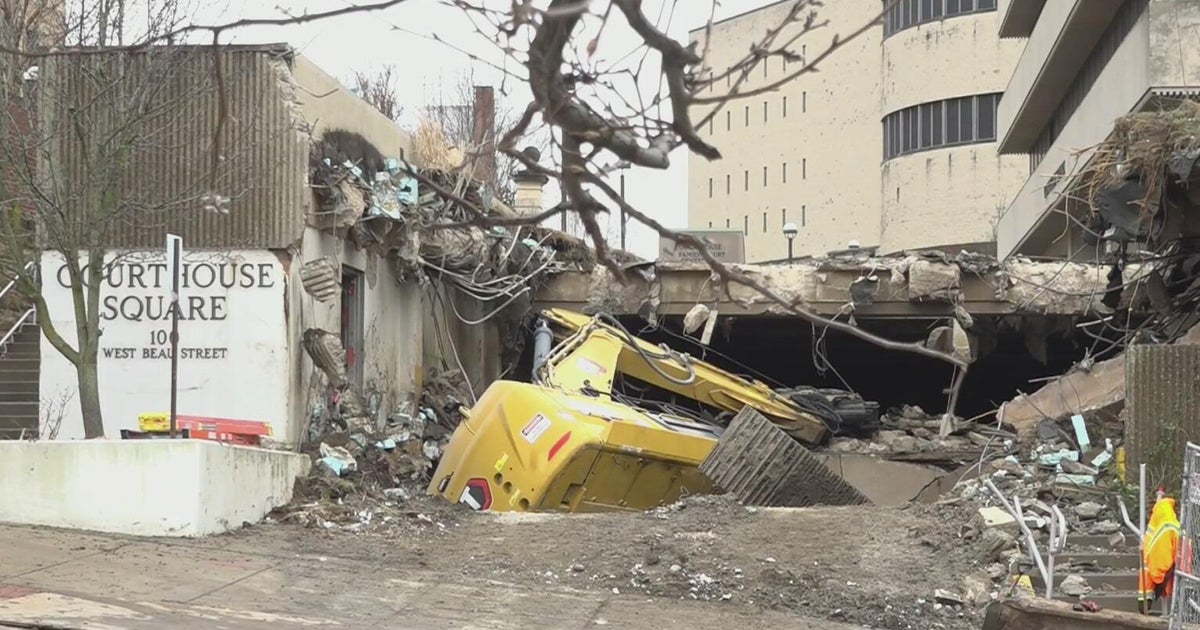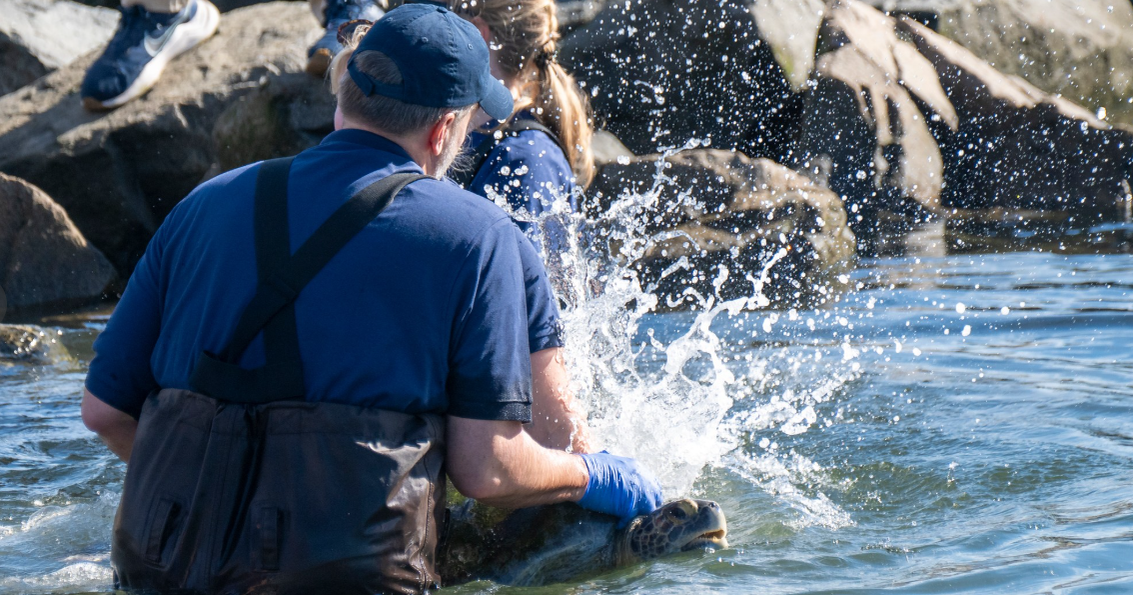Antarctica's 'Doomsday Glacier' is in trouble, scientists say
BOSTON - Every crack, every crash, are sounds of a looming catastrophe.
Two new studies published Wednesday in the journal Nature, paint a doomsday scenario -- the rapid melting of the Thwaites Glacier in Antarctica.
Dr. Britney Schmidt, one of the lead scientists on this international project, described Thwaites as the canary in the coal mine. "Thwaites is in a very precarious position where it's holding back a ton of ice behind it," said Dr. Schmidt.
A collapse of Thwaites or any of the nearby large glaciers nearby would almost certainly cause measurable sea level rise. "Half a meter or so," added Schmidt.
But if the ice that Thwaites is buttressing were to collapse into the water, "that's another 3 meters of sea level rise," Schmidt said.
That's another 10 feet of sea for our coastline to face, one that already has very little wiggle room.
Much like the changes to our beaches and shorelines, the changes in Antarctica aren't happening overnight, Dr. Schmidt said. "We've been observing Antarctica for the last 30-40 years... the satellite era. In that time, Thwaites has gone from a huge integrated ice shelf to just completely collapsing where you can see rift and crevasses and icebergs being calved on a regular basis," Schmidt said.
What is new however, is the technology used to gather this data. For the first time, a special probe was sent into and under the glacier, allowing scientists to directly measure the ice mass lost in the deep ocean.
Icefin is an underwater oceanographer. It's what allowed the scientists to take these measures underneath the ice. The ground-breaking data they collected confirmed the worst. Thwaites is melting faster and faster.








